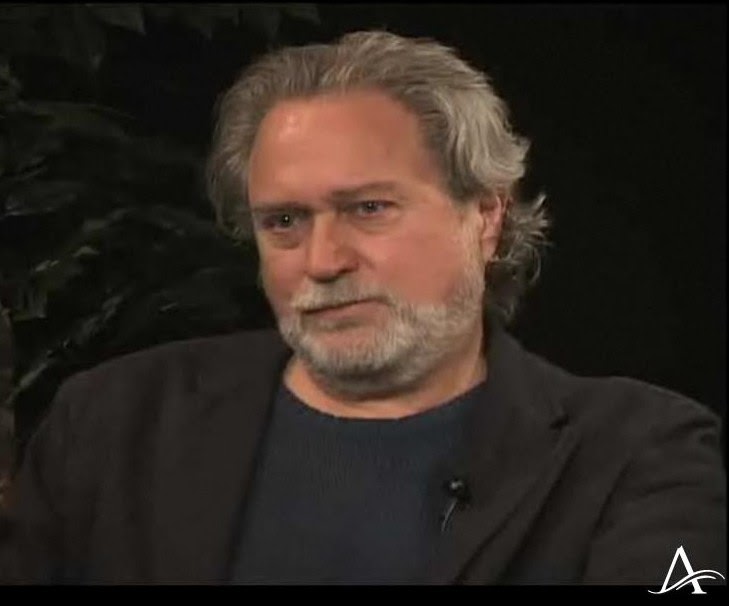James Tabor is a name that resonates within the fields of biblical studies and archaeology, captivating the interest of scholars and enthusiasts alike. With a career spanning several decades, Tabor has made significant contributions to our understanding of early Christianity and the historical context of biblical texts. This article explores the life, work, and influence of James Tabor, providing insights into his academic journey and the lasting impact he has made in his field.
Throughout this article, we will delve into Tabor's early life, education, and key publications, highlighting his role as a leading figure in biblical archaeology. Additionally, we will examine his research on the historical Jesus and the implications of his findings on contemporary religious thought.
Join us as we navigate through the multifaceted career of James Tabor, uncovering the expertise and authority he brings to the study of ancient texts and their relevance in today's world.
Table of Contents
- Biography of James Tabor
- Early Life and Education
- Academic Career
- Key Publications
- Research on the Historical Jesus
- Archaeological Contributions
- Influence on Contemporary Thought
- Conclusion
Biography of James Tabor
James D. Tabor is an esteemed scholar whose work primarily focuses on the intersection of religion, history, and archaeology. Born in the United States, he has dedicated his life to examining the roots of Christianity, particularly the historical context surrounding Jesus and the early church.
| Personal Information | Details |
|---|---|
| Name | James D. Tabor |
| Date of Birth | February 10, 1954 |
| Nationality | American |
| Field of Study | Biblical Studies, Archaeology |
| Notable Works | The Jesus Dynasty, Restoring Abraham, The Jesus Discovery |
Early Life and Education
James Tabor was raised in a religious household, which instilled in him a profound interest in biblical texts and their historical implications. He pursued his undergraduate studies at the University of North Carolina at Charlotte, where he majored in religious studies.
After completing his undergraduate degree, Tabor continued his education at the University of Chicago, earning a Master’s degree in the history of religions. He later obtained his Ph.D. in early Christianity and Christian origins from the same institution.
Influences on His Education
Throughout his academic journey, Tabor was influenced by numerous prominent scholars, which shaped his research focus and methodologies. Some key influences include:
- John Dominic Crossan
- Elaine Pagels
- Marcus Borg
Academic Career
Tabor began his academic career as a professor at the University of North Carolina at Charlotte, where he taught religious studies and engaged students in the critical analysis of biblical texts. His teaching philosophy emphasizes the importance of interdisciplinary approaches, combining archaeology, history, and theological studies.
In addition to his teaching, Tabor has been actively involved in various archaeological excavations in Israel, which have significantly contributed to the understanding of early Christian history.
Teaching Philosophy
Tabor's approach to education is characterized by:
- Encouraging critical thinking and inquiry.
- Integrating archaeological evidence with textual analysis.
- Promoting an inclusive understanding of early religious traditions.
Key Publications
James Tabor is the author of several influential books and articles that have shaped contemporary discussions in biblical scholarship. Some of his notable works include:
- The Jesus Dynasty (2006) - A compelling exploration of the historical Jesus and his family.
- Restoring Abraham (2008) - An examination of the patriarch Abraham's significance in biblical history.
- The Jesus Discovery (2012) - A groundbreaking investigation into archaeological findings related to Jesus.
Impact of His Publications
Tabor's publications have garnered significant attention, leading to discussions in both academic and popular circles. His ability to present complex ideas in an accessible manner has made his work relevant to a broad audience.
Research on the Historical Jesus
One of Tabor's primary research interests is the historical Jesus, where he seeks to uncover the real-life figure behind the biblical narratives. His approach involves:
- Analyzing ancient texts and their historical context.
- Utilizing archaeological findings to corroborate textual claims.
- Engaging in critical dialogue with other scholars in the field.
Methodologies Employed
Tabor employs a range of methodologies in his research, including:
- Textual criticism
- Comparative analysis of ancient sources
- Archaeological investigation
Archaeological Contributions
James Tabor's archaeological work has been pivotal in shedding light on the historical context of early Christianity. His excavations in Israel, particularly in sites like Jerusalem and the Judean Desert, have revealed artifacts and structures that provide insight into the lives of early Christians.
These contributions have not only advanced academic knowledge but have also sparked public interest in the historical aspects of Christianity.
Notable Excavations
Some of Tabor's significant archaeological projects include:
- The Talpiot Tomb excavation
- Investigations at the site of Qumran
- Fieldwork in the vicinity of the Mount of Olives
Influence on Contemporary Thought
James Tabor's work has had a profound impact on contemporary discussions surrounding the historical Jesus and early Christianity. His research encourages a reevaluation of traditional beliefs and opens avenues for dialogue between faith and scholarship.
Furthermore, Tabor's commitment to making complex ideas accessible has inspired a new generation of scholars and enthusiasts to engage with biblical studies critically.
Conclusion
In summary, James Tabor stands as a prominent figure in the fields of biblical studies and archaeology. His extensive research, influential publications, and commitment to education have made significant contributions to our understanding of early Christianity.
We encourage readers to delve deeper into Tabor's work and consider the implications of his findings on contemporary religious thought. Share your thoughts in the comments below, and explore more articles on related topics to enhance your understanding.
Thank you for joining us on this exploration of James Tabor's life and contributions. We look forward to your return for more insightful discussions!




